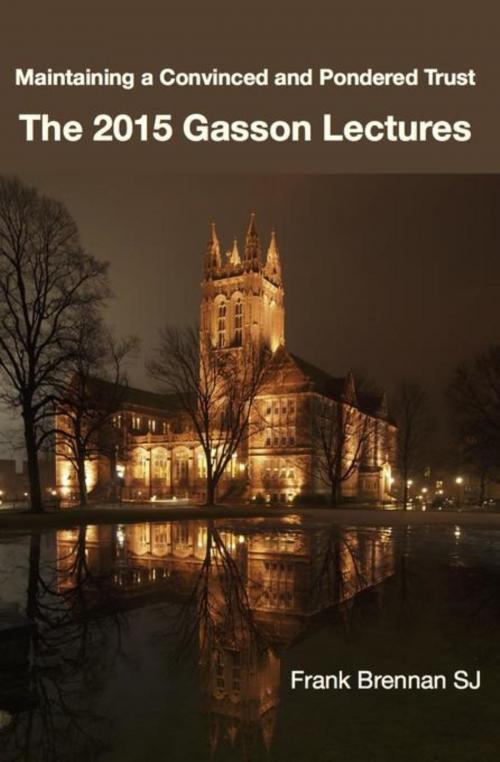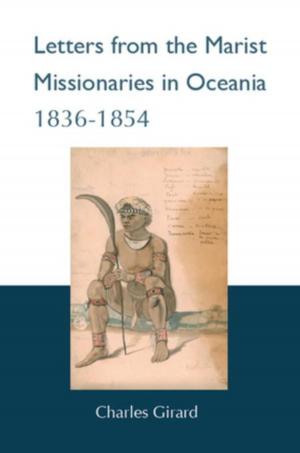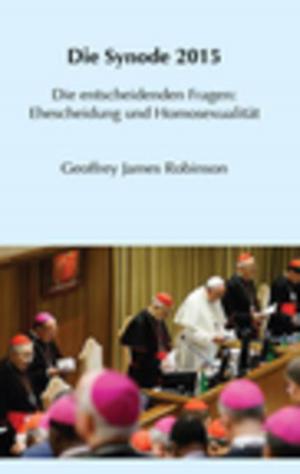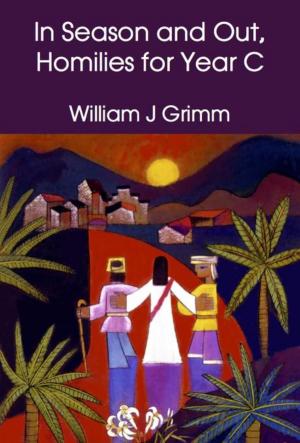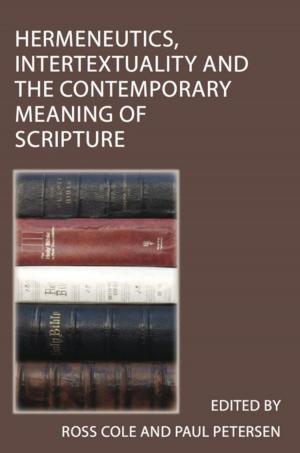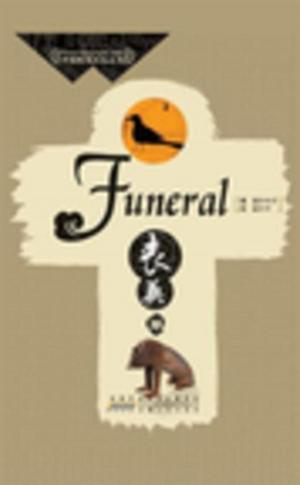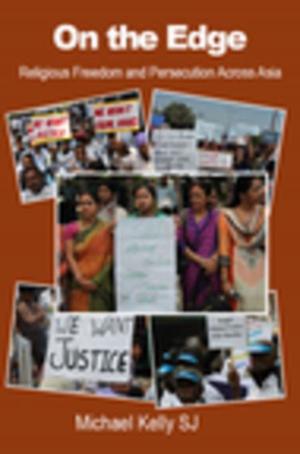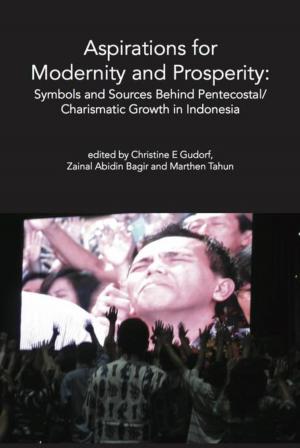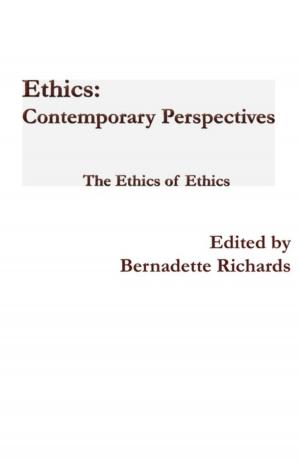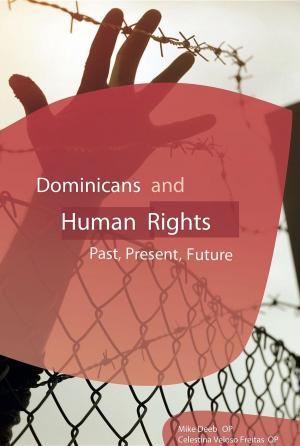Maintaining a Convinced and Pondered Trust
The 2015 Gasson lecturers
Nonfiction, Religion & Spirituality, Theology| Author: | Frank Brennan SJ | ISBN: | 9781925232639 |
| Publisher: | ATF (Australia) Ltd | Publication: | October 30, 2015 |
| Imprint: | ATF (Australia) Ltd | Language: | English |
| Author: | Frank Brennan SJ |
| ISBN: | 9781925232639 |
| Publisher: | ATF (Australia) Ltd |
| Publication: | October 30, 2015 |
| Imprint: | ATF (Australia) Ltd |
| Language: | English |
In these Gasson Lectures, Frank Brennan addresses various contested contemporary issues such as church-state relations, physician assisted suicide and national border protection. He writes, 'I hope that these lectures can help persons of all faiths and none maintain what Pope John Paul II, when addressing the Italian Parliament, called "a convinced and pondered trust in the heritage of virtues and values handed down by your forebears". In these lectures I have drawn much inspiration from Pope Francis who travelled to the island of Lampedusa to speak boldly and prophetically about the plight of asylum seekers coming across the Mediterranean Sea in search of new life. Before offering his blessing and casting a wreath on the waters, Francis asked, "Who is responsible for the blood of these brothers and sisters of ours?" In these lectures, I seek to draw on my own religious tradition to answer that question to the satisfaction of persons of all faiths and none, and in the many precarious situations in which people find themselves, especially at the borders of life and of nation states.'
In these Gasson Lectures, Frank Brennan addresses various contested contemporary issues such as church-state relations, physician assisted suicide and national border protection. He writes, 'I hope that these lectures can help persons of all faiths and none maintain what Pope John Paul II, when addressing the Italian Parliament, called "a convinced and pondered trust in the heritage of virtues and values handed down by your forebears". In these lectures I have drawn much inspiration from Pope Francis who travelled to the island of Lampedusa to speak boldly and prophetically about the plight of asylum seekers coming across the Mediterranean Sea in search of new life. Before offering his blessing and casting a wreath on the waters, Francis asked, "Who is responsible for the blood of these brothers and sisters of ours?" In these lectures, I seek to draw on my own religious tradition to answer that question to the satisfaction of persons of all faiths and none, and in the many precarious situations in which people find themselves, especially at the borders of life and of nation states.'
